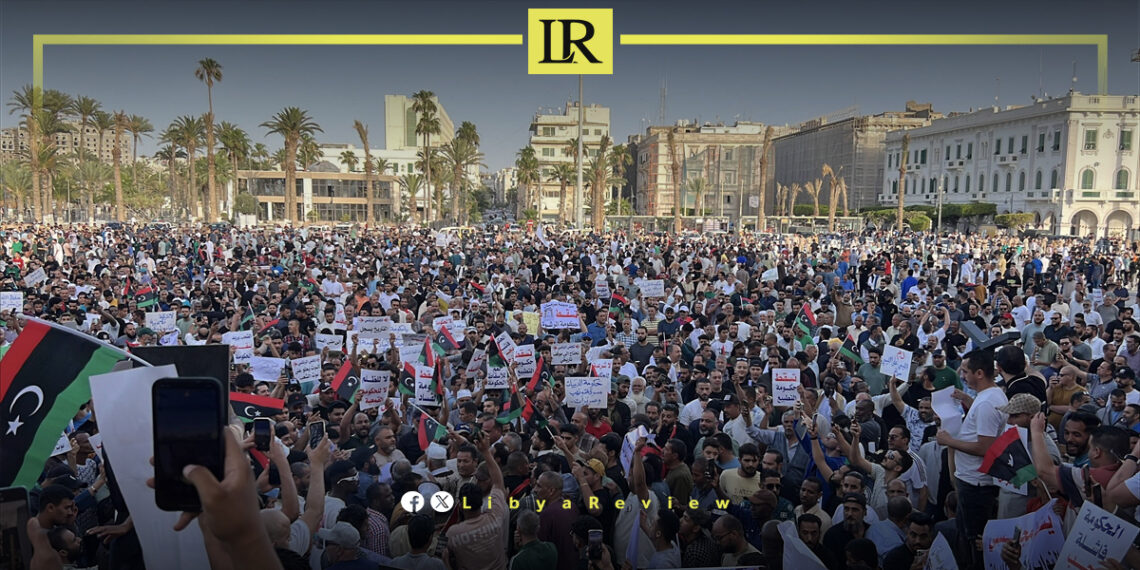Several Libyan and British human rights organizations have called for an independent investigation into crimes and abuses committed against journalists in Libya, demanding justice, accountability, and the immediate release of all media professionals detained for their work or opinions.
In a joint statement published by the UK-based organization Article 19, the groups voiced deep concern over the ongoing violations of press freedom and what they described as a “systemic absence of accountability.”
The statement was signed by Voices Network, United for Justice in Libya, Lawyers for Justice in Libya, the Libyan Center for Freedom of the Press, the Libyan Organization for Independent Media, and the RAPSA Group for Media and Culture.
The organizations stated that for more than a decade, journalists in Libya have faced arbitrary arrests, abductions, physical assaults, and threats, amid deep political fragmentation and institutional collapse. This environment, they said, has entrenched a culture of impunity that endangers journalists and undermines the public’s right to information.
The statement reported that over 40 journalists and bloggers have been killed in Libya between 2005 and 2025, while dozens more were kidnapped or tortured without accountability. Between 2014 and 2024 alone, 488 violations were documented against journalists and media professionals.
The organizations condemned the continued use of outdated legislation from the Muammar Gaddafi era — including the 1972 Press Law — which imposes censorship and restricts free expression. They also criticized the absence of a unified media law, leaving the sector fragmented and vulnerable to political interference.
The signatories urged comprehensive media reform involving journalists, civil society, and policymakers to guarantee press freedom, transparency, and institutional independence.
The groups also welcomed a “historic” ruling by Libya’s Supreme Court Constitutional Chamber declaring the trial of civilians before military courts unconstitutional, calling it a vital step toward strengthening the rule of law and protecting journalists’ rights.
They concluded that accountability and media freedom are essential to rebuilding public trust and ensuring Libya’s democratic and rights-based future.


